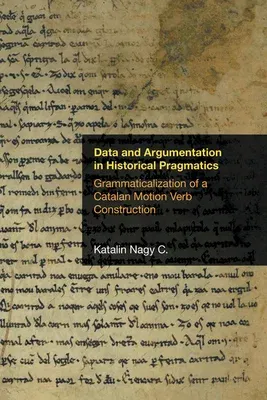Katalin Nagy C
(Author)Data and Argumentation in Historical Pragmatics: Grammaticalization of a Catalan Motion Verb ConstructionHardcover, 10 July 2019

Qty
1
Turbo
Ships in 2 - 3 days
Only 5 left
Free Delivery
Cash on Delivery
15 Days
Free Returns
Secure Checkout

Part of Series
Pragmatic Interfaces
Print Length
256 pages
Language
English
Publisher
Equinox Publishing (UK)
Date Published
10 Jul 2019
ISBN-10
1781797463
ISBN-13
9781781797464
Description
Product Details
Author:
Book Format:
Hardcover
Country of Origin:
US
Date Published:
10 July 2019
Dimensions:
23.62 x
16.26 x
2.03 cm
ISBN-10:
1781797463
ISBN-13:
9781781797464
Language:
English
Location:
Sheffield
Pages:
256
Publisher:
Series:
Weight:
544.31 gm